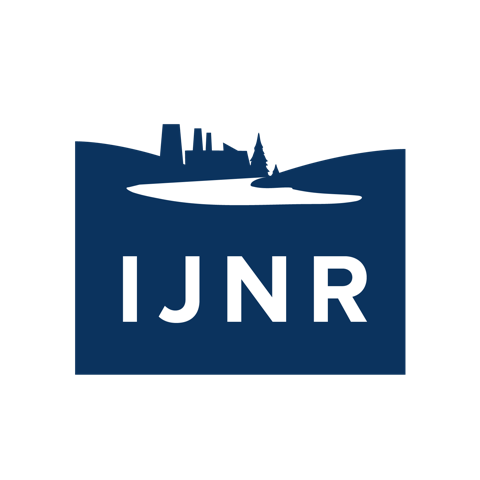Environmental Racism
A Workshop for
Journalists
July 22 + 23, 2020
ONLINE
Sunnyside, one of the oldest Black communities in Houston, is a neighborhood with a strong social fabric and pride in its history. But, thanks to the systemic racism that has shaped U.S. cities nationwide, Sunnyside has also lived the American experience of so many marginalized Black and Brown communities – high crime, extreme poverty and crowded with infrastructure like salvage yards, a garbage incinerator and a gigantic city landfill.
But a new story is developing in Sunnyside, one full of enterprising community members pushing for a more prosperous and equitable future. At the heart of these efforts lies that gigantic landfill – which is slated to become the largest urban solar farm in America.
In the middle of the oil and gas capital of the world, can a renewable energy development provide a path to a more equitable future?
And what about other public health disparities in Houston? Sitting 50 miles from the Gulf of Mexico, the fourth-largest city in the U.S. has no zoning laws, lax enforcement of environmental regulations and is subject to hurricanes and floods that imperil both extensive petrochemical infrastructure and residents in fenceline communities.
Through a two-day online workshop, the Institute for Journalism & Natural Resources looked to Houston as a case study for other American cities as we explored questions of environmental racism, social equity and the problematic lenses through which these stories get told.
Journalists participating in our workshop had the opportunity to:
Learn how historic race-based housing discrimination shaped U.S. cities and led to many of our current environmental injustices.
Hear from academic scholars and fellow journalists about how to better report on these issues.
Talk with Sunnyside residents about their vision for the neighborhood and concerns that, like past promises, the new solar farm won’t live up to the hype.
Meet citizen activists who have been working for decades to push for equity and protect public health.
Discuss the challenges lax environmental regulations and lenient industrial oversight bring to these efforts.
Hear about new approaches to addressing systemic racism and disenfranchisement, like the nation’s first “environmental justice” high school and community ownership of projects such as the Sunnyside solar farm.
Explore journalism’s role in perpetuating stereotypes about and minimizing the voices of communities of color - and how to change that role.
The mission of the Institute for Journalism & Natural Resources is to advance public understanding and civic engagement about environment, natural resource, public health and development issues through programs that inform, empower, and inspire journalists. IJNR conducts expenses-paid, expedition-style training and professional development programs for journalists at all career stages and from all sorts and sizes of news outlets, ranging from newspapers and magazines to radio, television and online operations.
This program was generously supported by The Walton Family Foundation, the McKnight Foundation, The Joyce Foundation and individual donors.
IJNR maintains editorial independence and control in all of its programming and decision-making.
